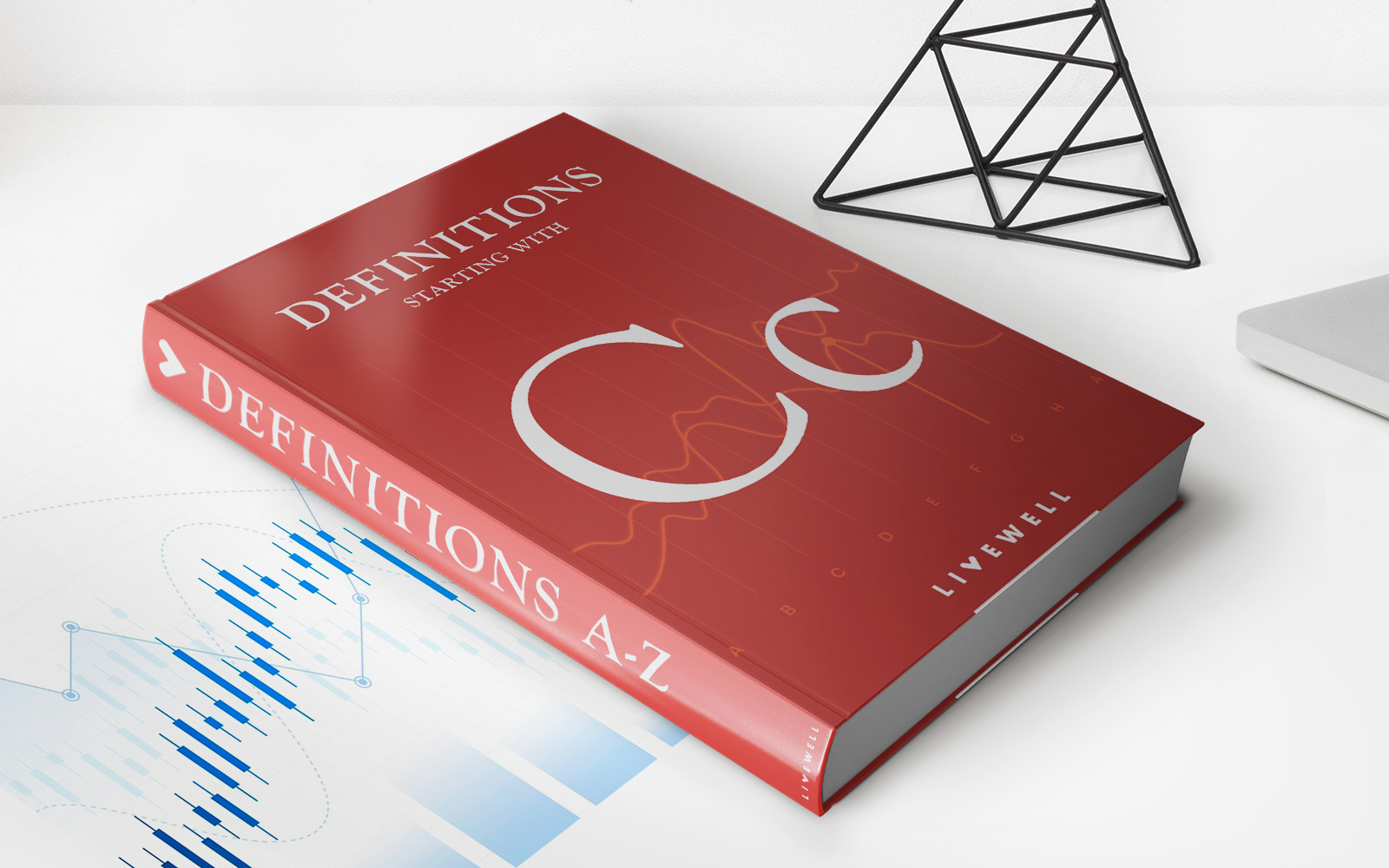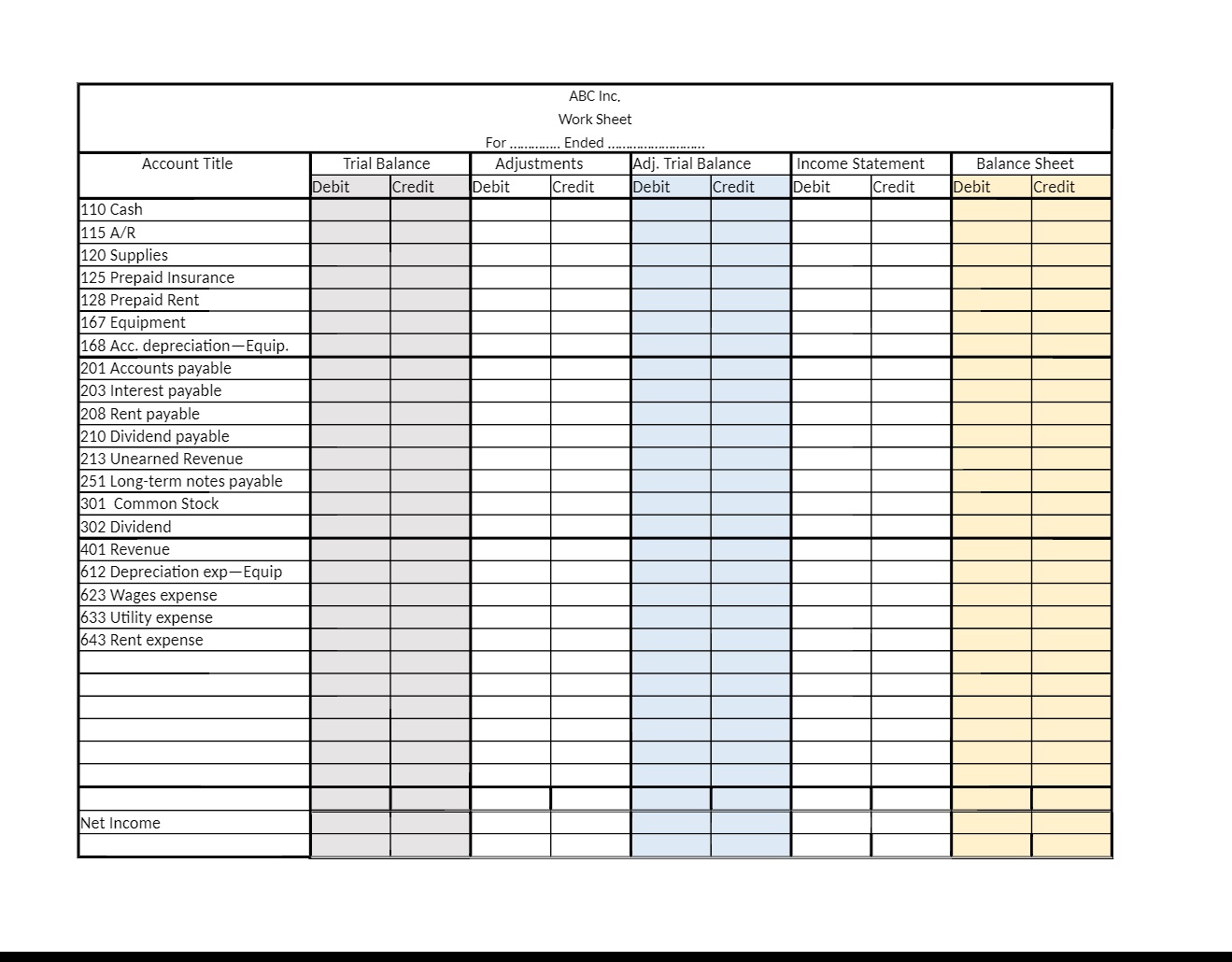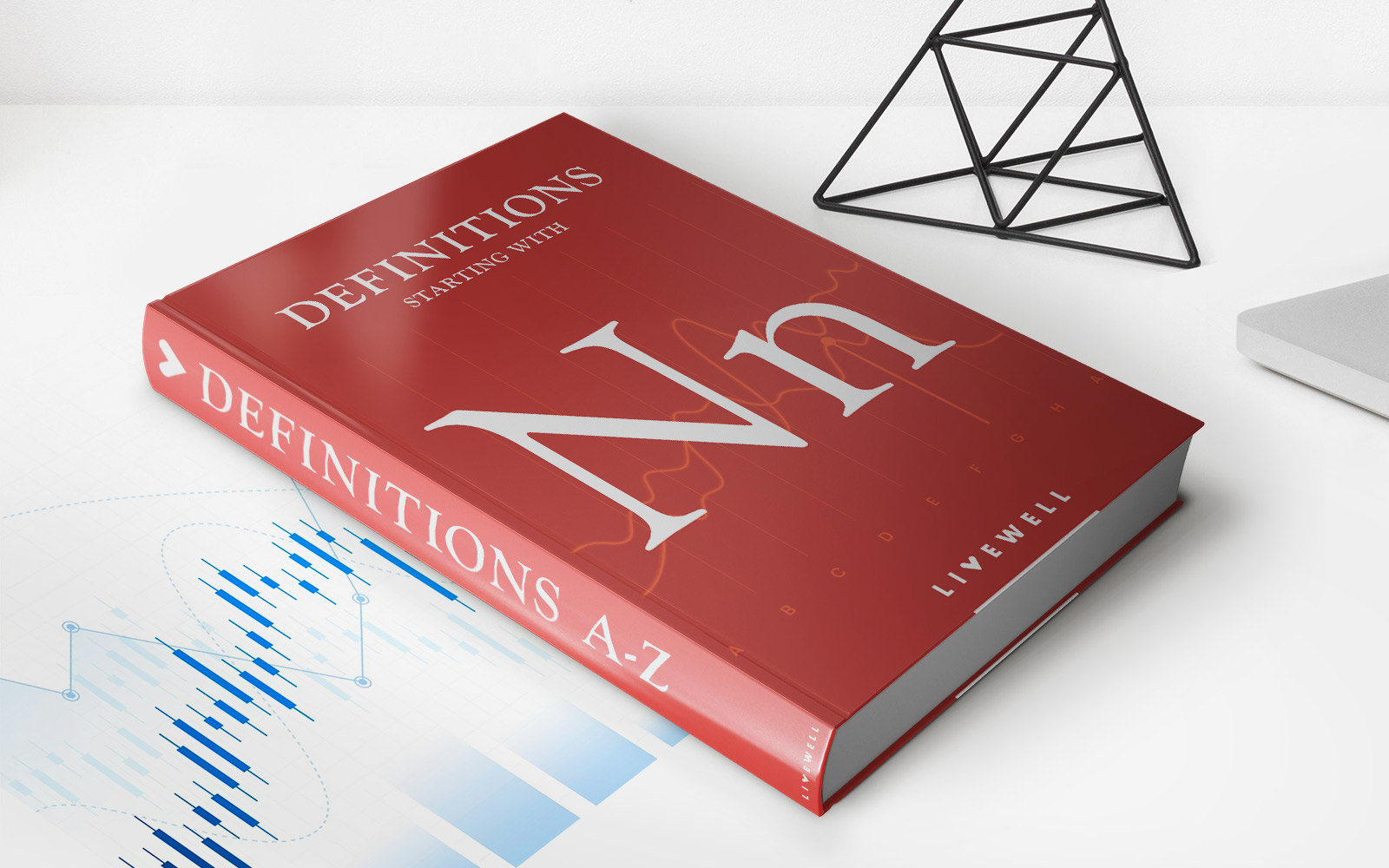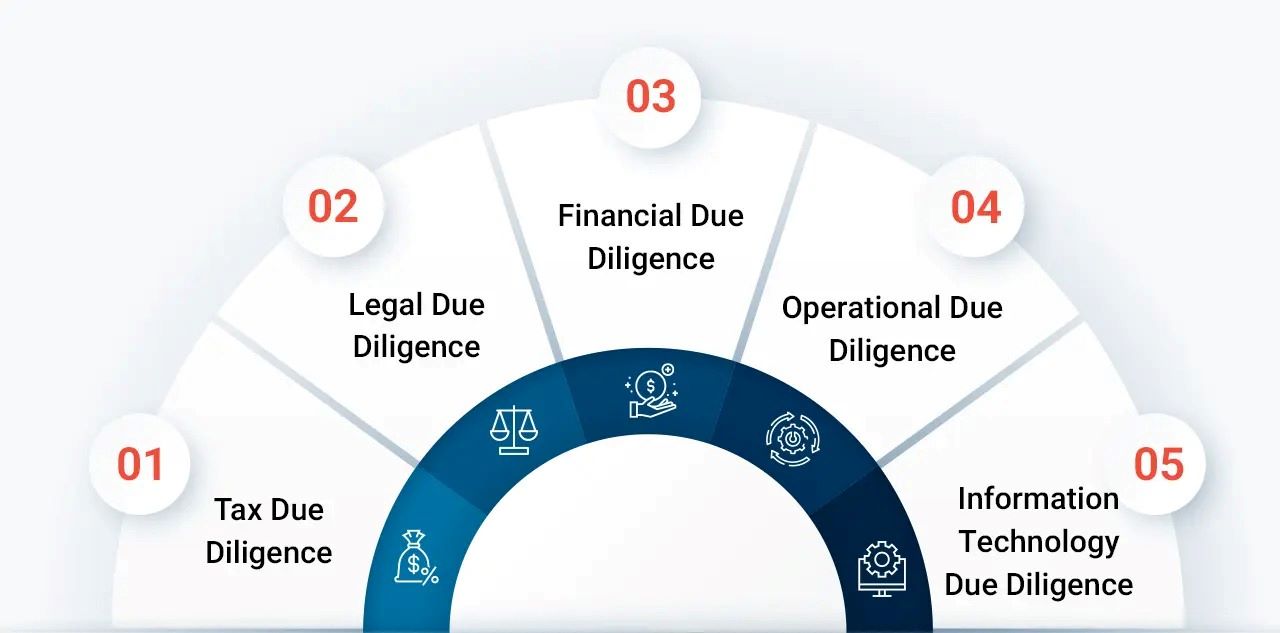Home>Finance>Import (Customs) Duty: Definition, How It Works, And Who Pays It
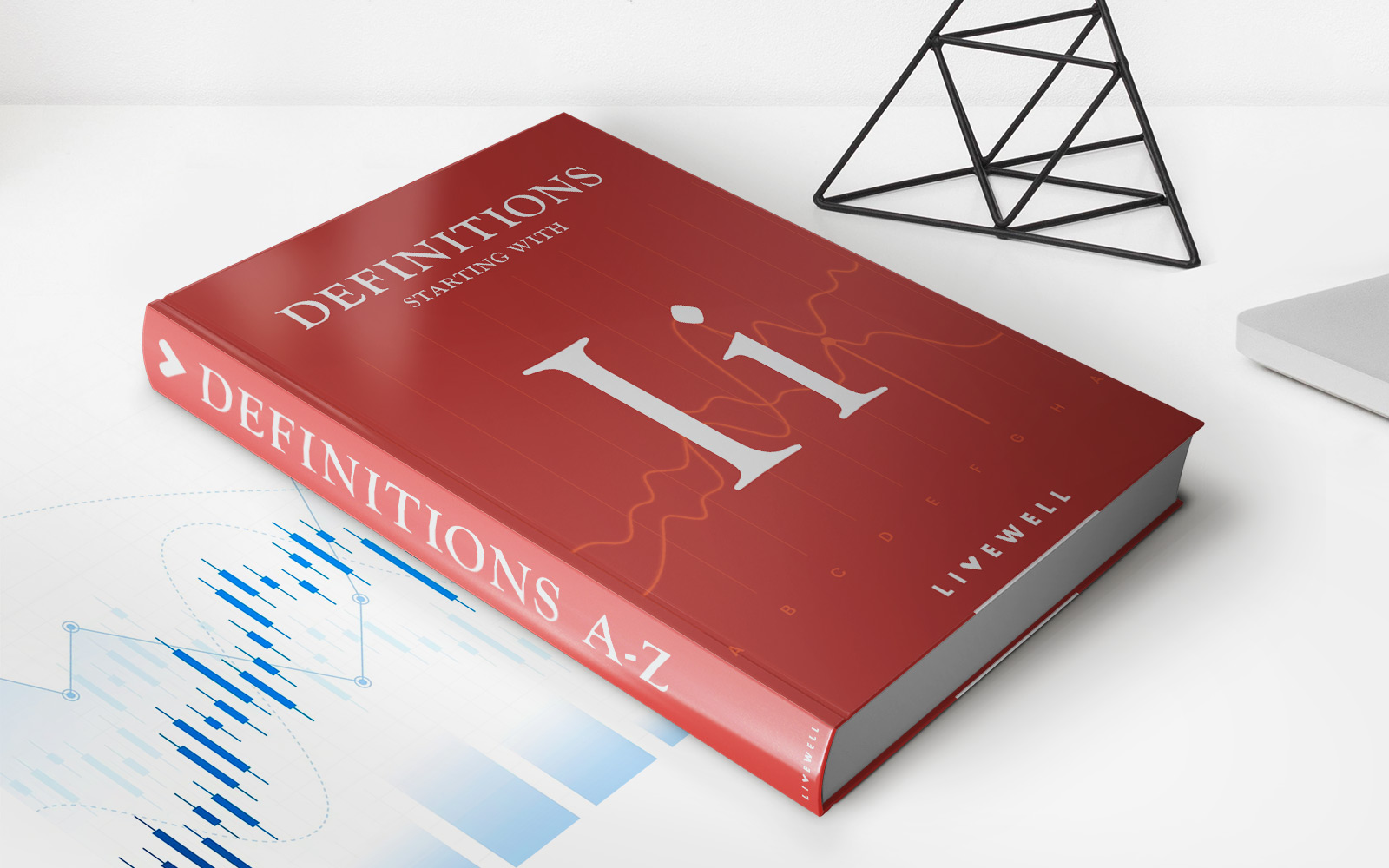

Finance
Import (Customs) Duty: Definition, How It Works, And Who Pays It
Published: December 7, 2023
Learn about import (customs) duty in finance: definition, how it works, and who pays it. Gain insights into the financial implications of this vital aspect of international trade.
(Many of the links in this article redirect to a specific reviewed product. Your purchase of these products through affiliate links helps to generate commission for LiveWell, at no extra cost. Learn more)
What is Import (Customs) Duty?
Import (Customs) Duty is a tax imposed by the government on goods that are imported into a country. It is a crucial aspect of international trade and plays a significant role in a country’s economy. But what exactly is Import Duty and how does it work? Let’s find out!
Key Takeaways:
- Import Duty is a tax imposed on goods brought into a country from abroad.
- It is calculated as a percentage of the goods’ value, known as the “duty rate.”
How Does Import Duty Work?
When goods are imported into a country, they go through customs clearance procedures. During this process, the customs authorities assess the value of the goods and determine the applicable duty rate. The duty rate is usually a percentage of the goods’ value, and it varies depending on the type of goods and the country’s import policy.
Import Duty can be levied in different ways:
- Ad Valorem Duty: This is the most common type of Import Duty. It is calculated as a percentage of the goods’ value. For example, if the duty rate is 10% and the value of the imported goods is $1,000, the Import Duty would be $100.
- Specific Duty: In some cases, Import Duty may be charged based on a specific unit of measurement, such as weight or volume. For example, if the duty rate is $5 per kilogram and the imported goods weigh 100 kilograms, the Import Duty would be $500.
Import Duty is typically paid by the importer of the goods, who is often the buyer or the consignee. However, the responsibility for payment may vary depending on the terms of the trade agreement or contract between the buyer and the seller. In some cases, the seller may include the cost of Import Duty in the overall price of the goods.
It is important for importers to carefully consider the cost of Import Duty when engaging in international trade. This additional expense can significantly impact the profitability of importing goods and should be factored into the overall cost analysis.
Who Pays Import Duty?
As mentioned earlier, the responsibility for paying Import Duty usually falls on the importer of the goods. However, the specific arrangement for payment can vary depending on different factors:
- Incoterms: The International Commercial Terms (Incoterms) defines the responsibilities and obligations of the buyer and seller in international trade. The chosen Incoterm will determine who is responsible for paying Import Duty.
- Trade Agreement: If the importing and exporting countries have a trade agreement in place, it may provide special provisions for the payment of Import Duty. For example, some trade agreements may allow for duty-free or reduced-duty imports under certain conditions.
- Contractual Agreement: The terms and conditions outlined in the contract between the buyer and the seller can also determine who bears the responsibility for payment. As part of the negotiation process, the buyer and the seller can agree on who will be responsible for paying Import Duty.
Ultimately, the payment of Import Duty depends on the specific circumstances surrounding the import transaction. It is essential for both importers and exporters to have a clear understanding of their respective responsibilities regarding Import Duty to avoid any disputes or unexpected costs.
Conclusion
Import (Customs) Duty is a tax imposed on goods brought into a country. It serves as a significant source of revenue for governments and helps protect domestic industries. Importers should carefully consider the cost of Import Duty when planning their international trade activities, as it can impact the overall profitability. Understanding the responsibilities and obligations regarding Import Duty is crucial to ensure a smooth and compliant import process.



